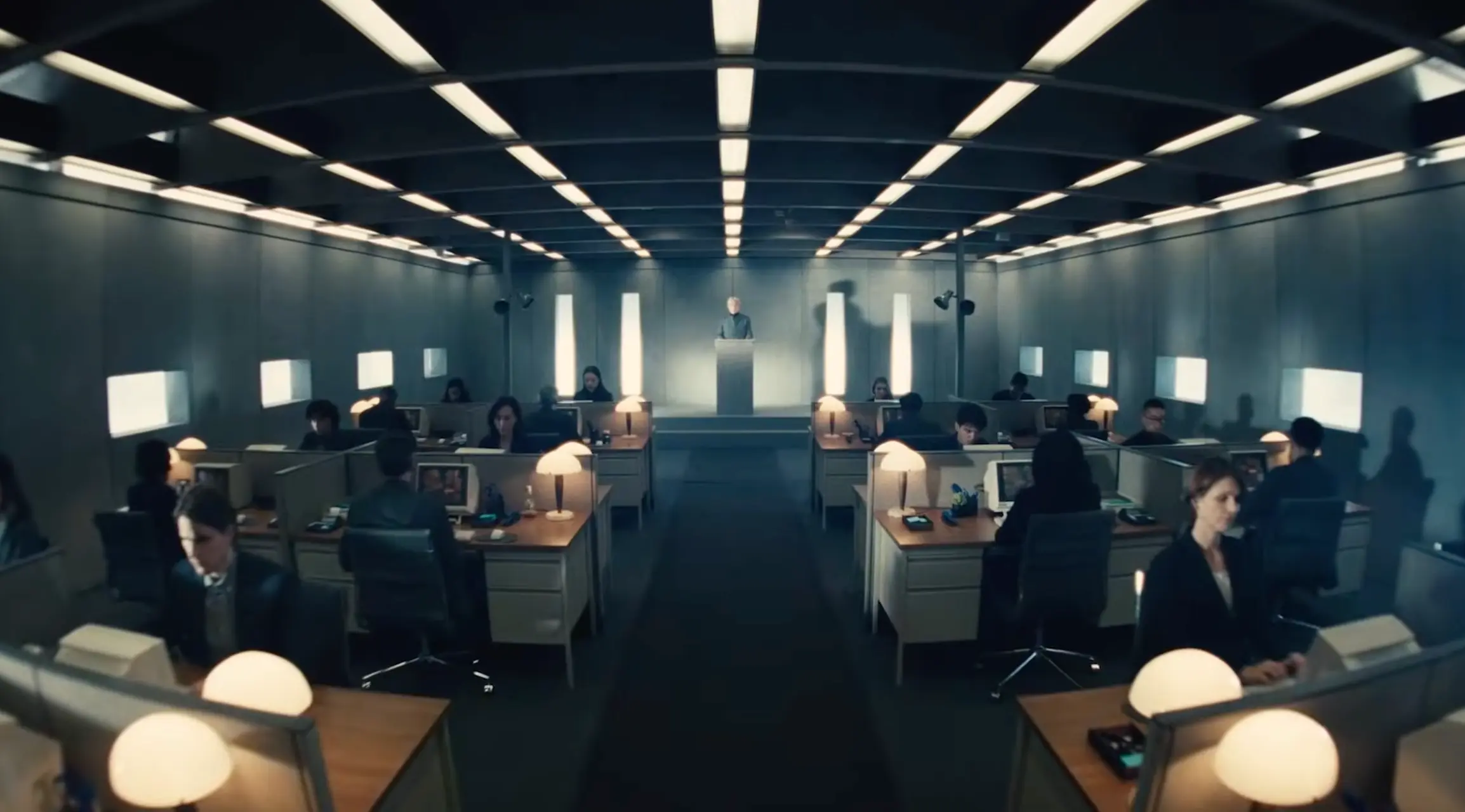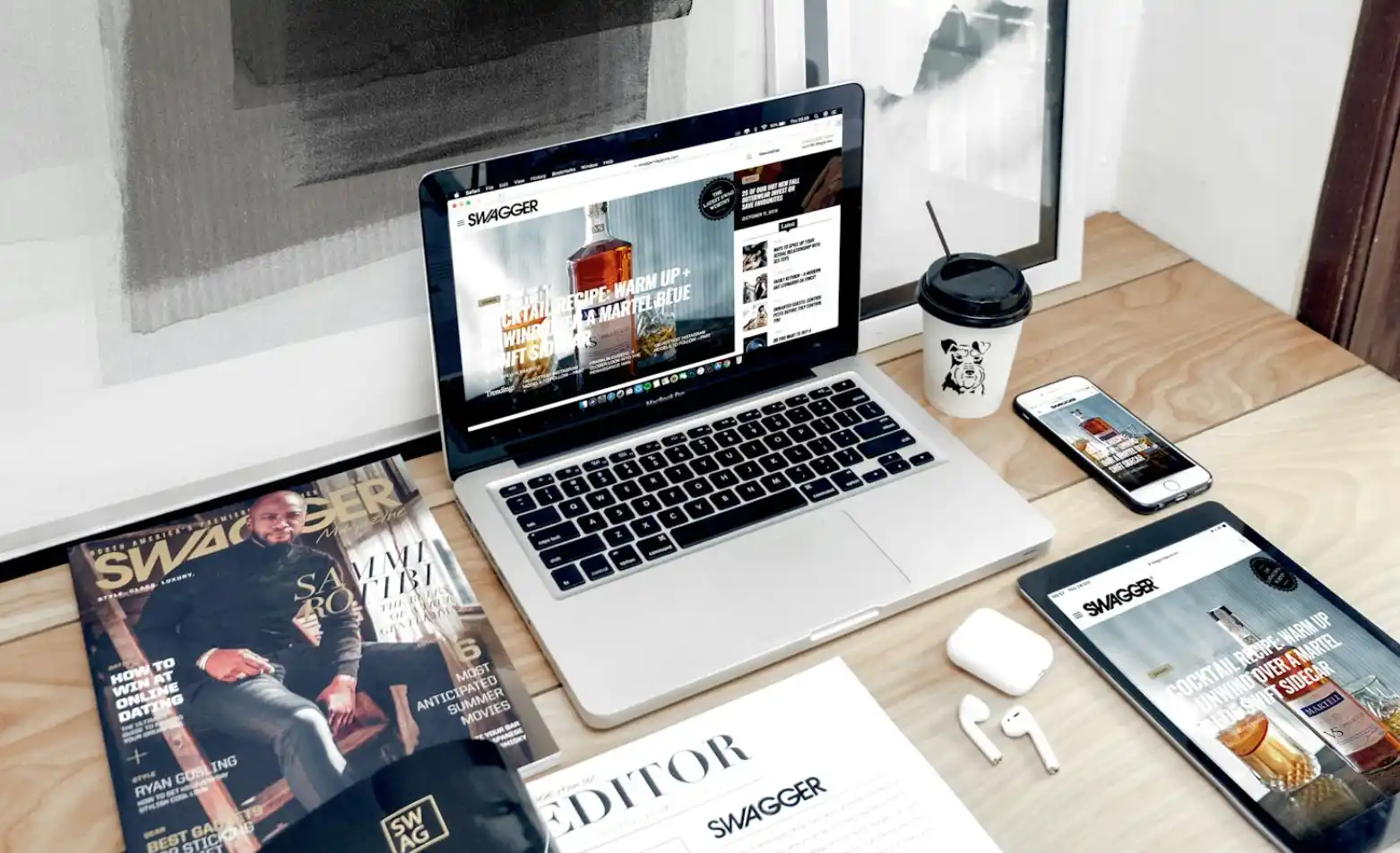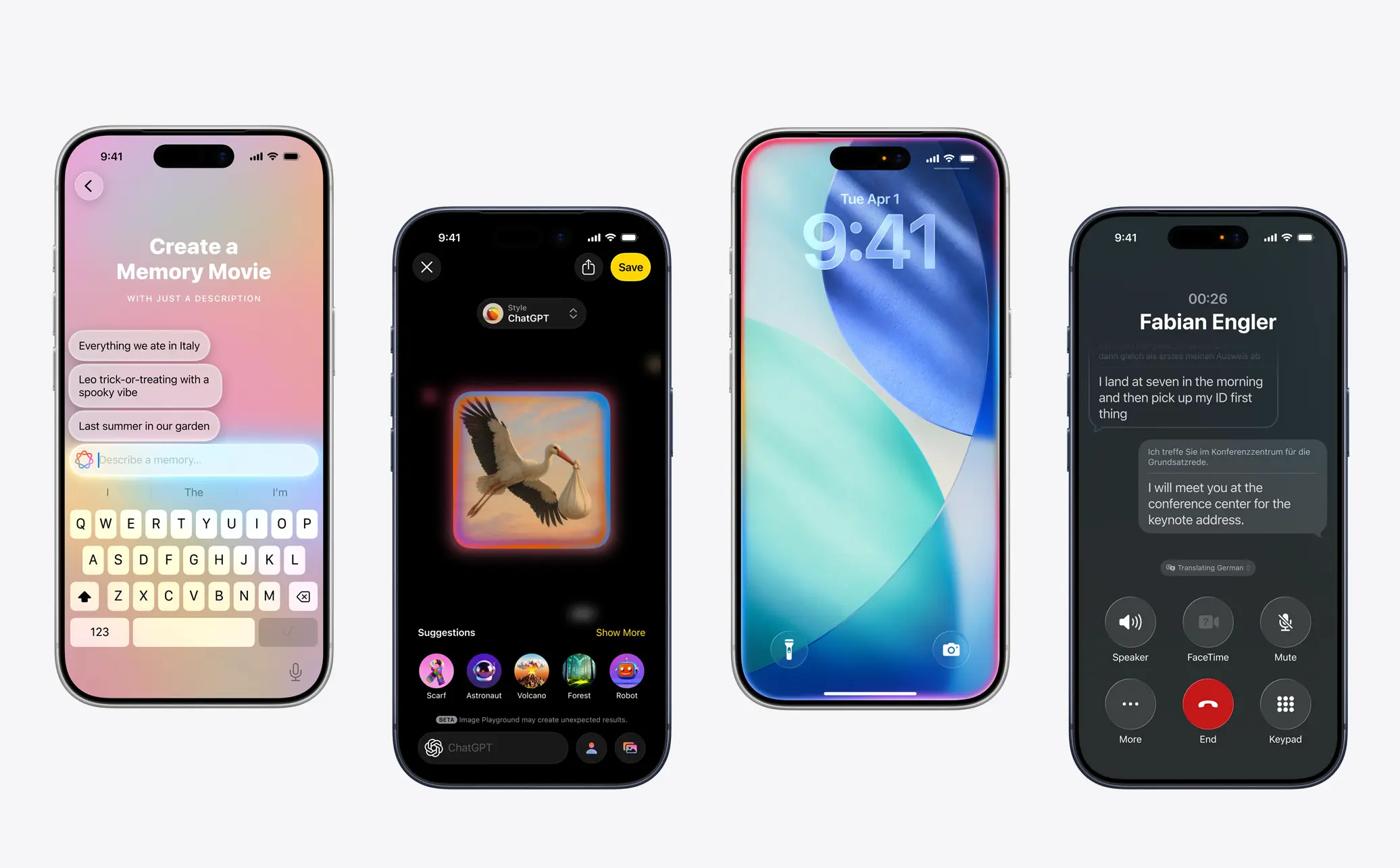Guide to the Virtual Universe: Augmented, Virtual, and Mixed Reality
Updated on
Published on

What was once the subject of science fiction has become reality: virtual technology lets us physically hold, see, and interact with the digital world. These technologies, be it augmented or virtual reality or mixed reality, have come out from the pages of futuristic novels and movies to have become accessible to almost any consumer or professional. These are changes that redefine not only how we consume or interact with digital content but also what we can now make possible around us.
But what are AR, VR, and MR? How do they differ, and why is that important in how technology will evolve in the future? The following blog will walk us through these three innovative technologies by giving attention to their definitions, applications, and the colossal potential they hold for different industries. We'll cover the whole spectrum: from completely immersive worlds of VR into augmented ones like AR, and MR that can seamlessly blend one into another. These technologies, collectively, lead us into a new era where the lines of separation between the real and the virtual keep blurring.
Virtual Reality: Immersion into the Unreal
Virtual reality whisks users away to an entirely digital environment, severing physical relations and placing people into a virtual world. Wearing a VR headset like Oculus Rift, HTC Vive, or PlayStation VR, users are plunged into a 360-degree digital environment where one can look around and interact as if inside that world.
Experience and Interactivity
Everything you see and hear in VR is computer-generated. The concept is to build the feeling of "presence," the impression of being teleported somewhere else—to the depth of the ocean, to a battle scene, or even some where in space. This interaction is usually made possible with handheld controllers or special gloves that track your movements so you can reach out and touch, grab, or manipulate virtual objects.
Applications of VR
VR is perhaps better known for the impact it has on gaming; titles such as Half-Life: Aly and Beat Saber provide a very immersive game experience that cannot be replicated on regular screens.
For training and simulation in areas like aviation, medicine, and the military, VR is a great tool for practicing. It provides realistic simulations that help pros develop their skills in an absolutely risk-free environment.
We can't overlook virtual tourism, have you always wanted to visit the pyramids of Egypt or see what the surface of Mars looks like? VR is going to let you travel the globe, and beyond, without leaving your living room.
Challenges of VR
Despite tech improvements, VR equipment can be very expensive, and also it requires really powerful hardware. There are cases of motion sickness that some users may encounter with the technology.
Augmented Reality: Enhancing the Real World
Unlike VR, which immerses you in a completely virtual environment, Augmented Reality overlays digital content onto the real world. AR enhances your view of the physical world by adding elements like images, sounds, and text through devices like smartphones, tablets, or AR glasses.
Experience and Interaction
In AR, the real world remains front and center, but digital elements are layered on top of it. A popular example of AR is Pokémon GO, where players can see and catch virtual Pokémon that appear in their real-world surroundings. The interaction in AR is often more subtle than in VR; you might tap a screen, move your device, or use voice commands to interact with the augmented elements.
Applications of AR
AR retail is revolutionizing the shopping experience. Brands like IKEA use AR to let customers visualize how furniture will look in their homes before making a purchase, reducing guesswork and minimizing customer dissatisfaction. Surgeons are now using AR to project digital overlays during operations, providing real-time guidance that improves precision and outcomes. AR can even make learning more interactive and engaging by bringing textbooks to life with 3D models and animations, helping students better understand complex concepts.
Challenges of AR
AR’s main challenges include ensuring accurate alignment of digital content with the real world, developing affordable and widely accessible AR devices, and addressing privacy concerns, particularly with wearable AR technology that can record or display real-time information about the environment.
Mixed Reality: Merging the Real with the Virtual
Mixed reality (MR) brings together components of both VR and AR to form a new type of experience in which digital and physical objects coexist and interact in real time. Thus, MR can let you experience the real world with your naked eyes, but at the same time, expose one to elements of the world which can be complexly associated with the real world.
<iframe src="https://giphy.com/embed/hHxTQkcjmHUTC" width="480" height="302" style="" frameBorder="0" class="giphy-embed" allowFullScreen></iframe><p><a href="https://giphy.com/gifs/iron-man-tony-stark-maestro-hHxTQkcjmHUTC">via GIPHY</a></p>
Experience and Interaction
MR is the junction of both AR and VR. For instance, consider that with something like Microsoft HoloLens, you might use it to put a chair virtually in your living room. As compared with AR, where the chair would just appear as an overlay, in MR the virtual chair should actually interoperate with the physical space: wrap shadows, block your view on real objects located behind it, or even allow you to walk around it to see it from different angles.
Applications of MR
MR product design and engineering enables designers and engineers to model and manipulate 3D models within a real-world setting, making the design process more intuitive and collaborative. MR remote collaboration enables teams that are located at different places to collaborate by working together in a shared virtual space, thus improving communication and productivity. Simulations for training can be done in the real world, for example, practicing medical procedures or mechanical repairs and getting the 'hands-on' experience of the task without the risks of live training.
Challenge of MR
Mixed reality is still in its infancy, and there are a lot of major obstacles, like the cost of MR devices, high computing power needed, and the challenge of creating content that fully leverages the technology’s potential. Furthermore, the MR devices are far from being as portable and simple to use as the AR devices, thereby they have limited accessibility for everyday use.
The Future of AR, VR, and MR
The future of AR, VR, and MR is here, and these technologies are going to dramatically change the way we work, play, learn, and even engage with our physical and social settings. Each has particular advantages and applications, and further development will likely give way to even more innovative and integrated experiences. Whether you are an enthusiast who wants to explore virtual worlds, use the tools as a professional in business, or just someone who is curious about what the future might bring your way, use of AR, VR, and MR will make its way to the forefront of this fast-moving digital age.
These few technologies push boundaries between the real and virtual to offer endless possibilities in creativity, innovation, and human connection.







